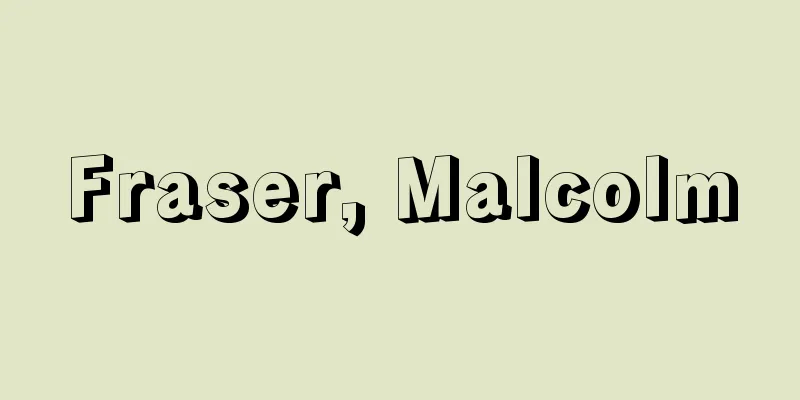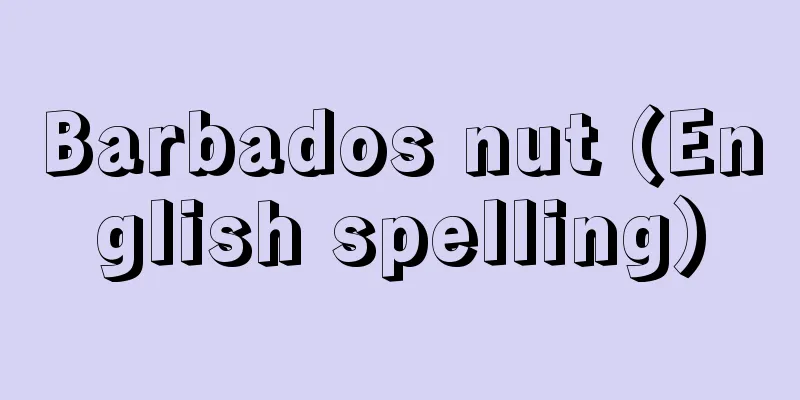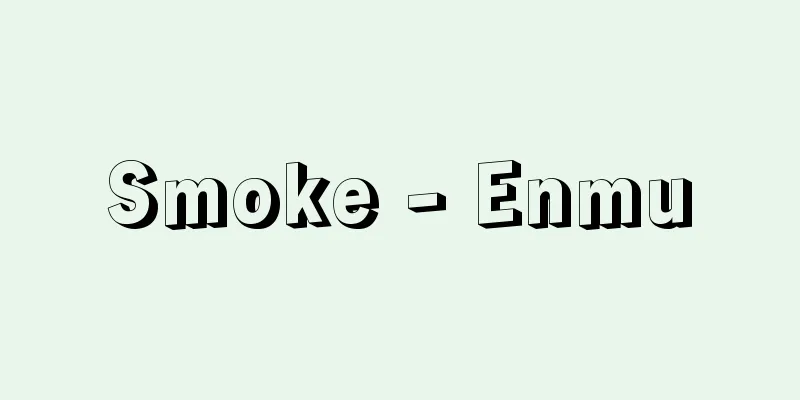Fraser, Malcolm

|
Born: 21 May 1930, Melbourne [Died] March 20, 2015. Australian politician. Prime Minister (1975-83). Leader of the Liberal Party of Australia. Full name John Malcolm Fraser. He studied at Magdalen College, Oxford, and was elected as a Liberal Party candidate in 1955. He served as Minister for Army (1966-68), Minister for Education and Science (1968-69, 1971-72), and Minister for Defence (1969-71) in the Liberal Party-National Party coalition government. In March 1975, he won the leadership of the Liberal Party, and was appointed Prime Minister in November 1975, when Gough Whitlam, the Prime Minister of the Labor Party government, was dismissed. In the December election of that year, the Liberal Party and National National Party won a landslide victory, solidifying his position as Prime Minister, and re-establishing a coalition government of the two parties. In order to curb inflation, he implemented measures such as cutting government spending and preventing union demands for large wage increases. He also emphasized Australia's defense responsibilities under the ANZUS Treaty. The Fraser Government won elections in 1977 and 1980, but was defeated by the Labor Party in the March 1983 election. Fraser immediately stepped down as leader and soon resigned from his seat in Parliament. Fraser |
|
[生]1930.5.21. メルボルン [没]2015.3.20. オーストラリアの政治家。首相(在任 1975~83)。オーストラリア自由党党首。フルネーム John Malcolm Fraser。オックスフォード大学モードリン・カレッジに学び,1955年に自由党から立候補して国会議員に選出された。自由党と地方党(→オーストラリア国民党)の連立政権で陸軍大臣(1966~68),教育科学大臣(1968~69,1971~72),国防大臣(1969~71)を歴任。1975年3月に自由党の党首選挙で当選し,オーストラリア労働党政権のガフ・ホイットラム首相が罷免された 1975年11月,首相に指名され就任した。同年 12月の選挙で自由党と国民地方党が大勝したことにより首相としての地歩を固め,両党の連立内閣を再度組織した。インフレーション抑制のため,歳出の削減,労働組合の大幅な賃上げ要求の阻止などの措置を講じた。またアンザス条約のもとでオーストラリアの防衛上の責務を重視した。フレーザー政権は 1977年と 1980年の選挙にも勝利したが,1983年3月の選挙で労働党に敗れた。フレーザーはただちに党首の座を退き,まもなく国会議員も辞職した。 フレーザー
|
<<: Blazer - burezah (English spelling) blazer
Recommend
Pitoef and his wife - Pitoef Fusai
French actor. Her husband, Georges Pitoëff (1884-1...
Yellow-banded Skipper - Yellow-banded Skipper
...This life cycle is probably due to adaptation ...
《Ancient History》 - Ancient History
…While working as a government official and teach...
Japanese Grammar Dictionary - Nihon Daibunten (English)Arte da Lingoa de Iapam Portuguese
A three-volume Japanese language textbook written...
Riau Islands - Riau
A group of islands scattered in the ocean south of...
spatula
… Their limbs are well developed, with flat finge...
Jacob Cornelisz. van Neck
1564‐1638 Admiral of the Dutch East Indies expedit...
Nominal price - meimokukakaku (English spelling) nominal price
The relative price of a good measured in money. In...
Shri (English spelling) Śrī
In Sanskrit, it originally means profit, wealth, a...
Mount Takatsuma
It is one of the Togakushi mountain range on the ...
Autopsy - Kenshi
Also written as autopsy. A doctor examines the ext...
Yamaga student ceremony - Sange gaku shoushiki
These are the rules for training Tendai Buddhist ...
Lost letter - FUNSHITSUJOU
A style of ancient document from medieval Japan. I...
Temperature Sensitivity
This refers to the property of crops in which head...
Threshold dilution factor
… [Evaluation of malodor] Although instrumental a...



![Kurayoshi [city] - Kurayoshi](/upload/images/67cb6e7c61927.webp)





